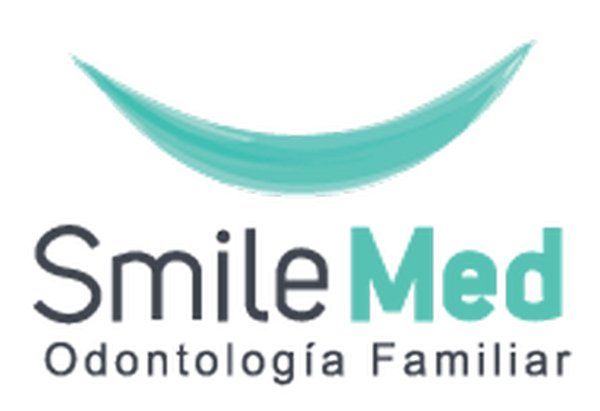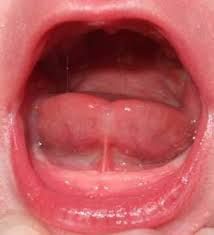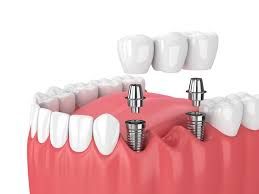CARIES DE LA PRIMERA INFANCIA
CARIES EN BEBES? ES POSIBLE?
La caries de la primera infancia es uno de los problemas mas comunes en la niñez y se considera como un problema de salud publica. Esta condición tiene efectos debilitantes sobre el desarrollo, el habla, salud general y autoestima que afectan la calidad de vida del niño. Desgraciadamente en nuestra consulta atendemos como mínimo tres veces por semana pacientes con este tipo de caries. La forma de atender a los bebes es bajo anestesia general en un hospital o en la consulta privada.
Los padres llegan preocupados esperando no escuchar que la fractura de los dientes frontales de su bebe es a consecuencia de una caries y a menudo no revisan la cara palatina de los incisivos en donde verían claramente que el color y la textura de los dientes ha cambiado drásticamente.
La manera mas efectiva de prevenir esta caries es el conocimiento de ella y la educación oral a tiempo. En los países mas avanzados en este tema como Brasil, se cuenta con el acompañamiento del un Odontopediatra antes del nacimiento del bebe; generalmente las madres primerizas antes de dar a luz ya han recibido la asesoría del especialista que los guiara en esta nueva etapa para orientarles en la dieta, hábitos, higiene, etc. tanto de la madre como del bebe. Los primeros años son los que marcan los hábitos de higiene y alimentación de los niños y el conocimiento por parte de los padres de lo que beneficia y perjudica oralmente a los niños hará la diferencia entre un niño que prefiere alimentos saludables y un niño acostumbrado a refrescos y jugos durante sus colaciones. El establecimiento de una rutina en la alimentación y conductas saludables dependerán del conocimiento, creencias, actitudes y hábitos de los padres. De aquí la importancia de proporcionar educación oral a los padres si es posible antes del nacimiento de su hijo.
En un estudio realizado en Israel en 285 madres con niños entre 1 a 4 años se les hizo una encuesta acerca de cuidados básicos para prevenir la caries: te gustaría contestarla?
1. When is it necessary to brush your child’s teeth?
a) Twice a day and after eating sweets.
b) After each meal.
c) No need to brush at that age.
2. When is it necessary to replace your child’s toothbrush?
a) No need to replace as long as the bristles are intact.
b) Every three months.
c) As the child grows and the size of the brush has to be changed.
d) Do not know.
3. What is the right amount of toothpaste that is suitable for your child?
a) Pea-sized.
b) Covers all the brush.
c) No paste needed.
d) As long as the child can spit the paste amount is irrelevant.
e) Do not know.
4. Who should brush your child’s teeth?
a) The child.
b) The parent demonstrates and the child brushes by himself.
c) The parent.
d) There is no need to brush at this age.
e) Do not know.
5. What is the right concentration of fluoride that should be in your child’s toothpaste?
a) Toothpaste without fluoride.
b) Toothpaste with less than 1000 PPM fluoride.
c) Toothpaste with more than 1000 PPM fluoride.
d) Do not know.
6. Do you think that drinking infant formulas during the night contributes to the development of dental caries?
a) Yes.
b) No.
c) Do not know.
7. Do you think that drinking human breast milk during the night contributes to the development of dental caries?
a) Yes.
b) No.
c) Do not know.
8. What is the best time for your child to consume snacks or sweetened drinks?
a) During meals.
b) In-between meals.
c) It does not matter as long as the amount is limited.
d) Do not know.
9. Do you tend to taste your child’s food from his spoon?
a) Yes, it is necessary in order to check the warmth of the food
b) Yes, in order to check if the food is tasty
c) No, never
10. What is the maximal age to end the use of a pacifier?
a) By the age of 4 years.
b) Six years, with the eruption of the permanent front teeth.
c) Do not know.
11. What is the right age for a first visit to a pediatric dentist?
a) In proximity to the eruption of the first tooth and no later than the age of one year.
b) At the age of 3 years.
c) When the primary teeth begin to fall out.
d) When the child complains.
e) Do not know.
The Journal of Clinical Pediatric Dentistry Volume 43, Number 2/2019









